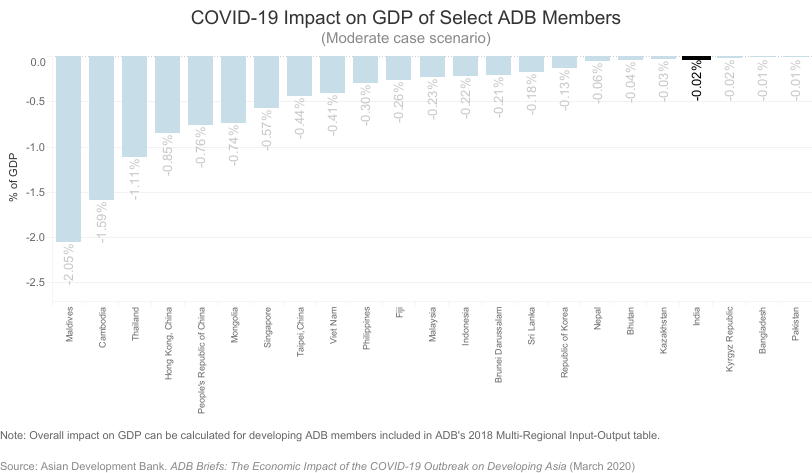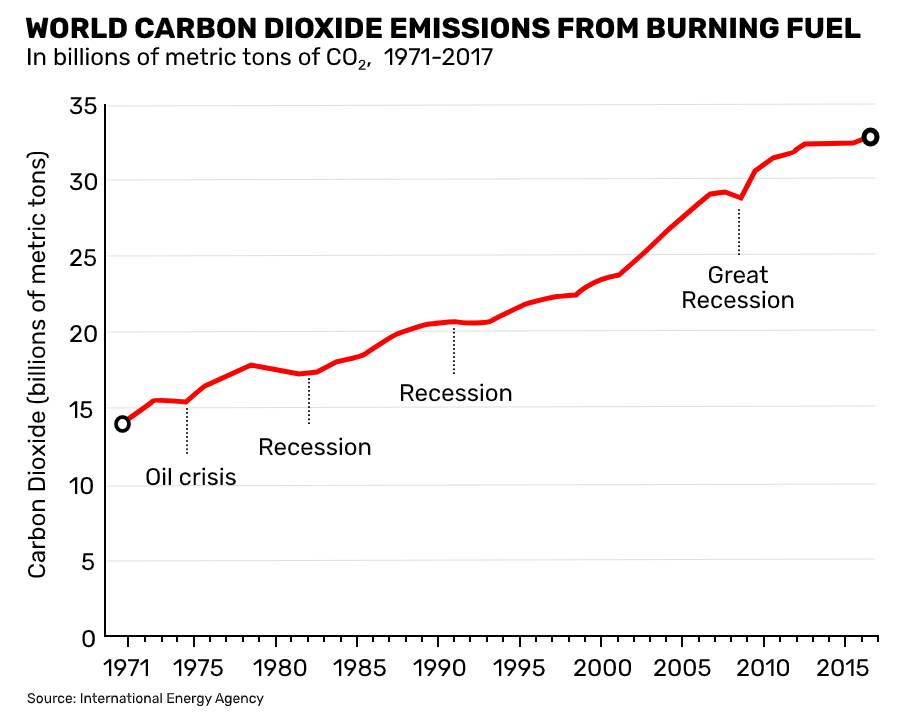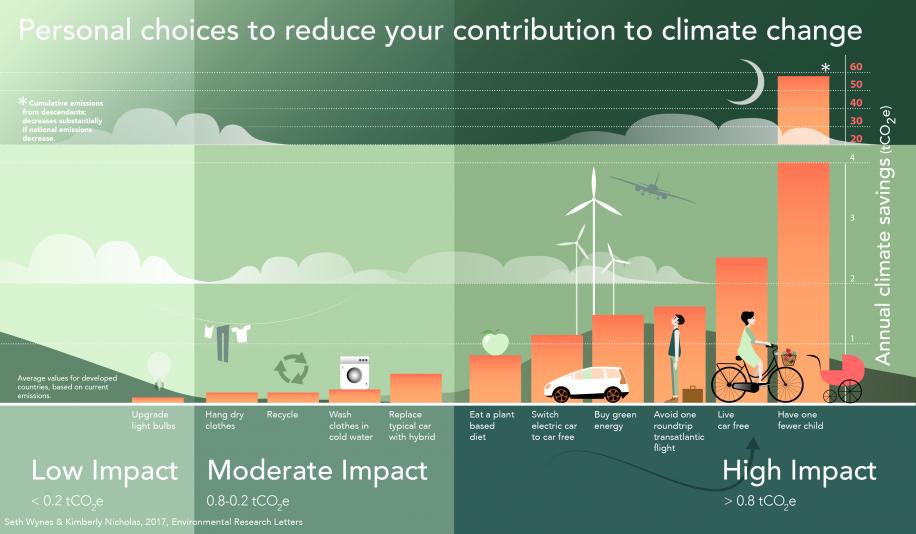
- Home
- News
- Analysis
- States
- Perspective
- Videos
- Education
- Entertainment
- Elections
- World Cup 2023
- Features
- Health
- Business
- Series
- Economy Series
- Earth Day
- Kashmir’s Frozen Turbulence
- India@75
- The legend of Ramjanmabhoomi
- Liberalisation@30
- How to tame a dragon
- Celebrating biodiversity
- Farm Matters
- 50 days of solitude
- Bringing Migrants Home
- Budget 2020
- Jharkhand Votes
- The Federal Investigates
- The Federal Impact
- Vanishing Sand
- Gandhi @ 150
- Andhra Today
- Field report
- Operation Gulmarg
- Pandemic @1 Mn in India
- The Federal Year-End
- The Zero Year
- Premium
- Science
- Brand studio
- Home
- NewsNews
- Analysis
- StatesStates
- PerspectivePerspective
- VideosVideos
- Entertainment
- ElectionsElections
- Sports
- Loading...
Sports - Features
- BusinessBusiness
- Premium
- Loading...
Premium

Coronavirus is curbing carbon emissions, but for how long?

For Siva Kumar, 28, a management professional working for a China-based cross-border e-commerce firm, seeing his fellow Chinese colleagues flying down to Bengaluru every month was a routine. They visited Bengaluru for the company’s monthly review meetings. But since January, the travel restrictions placed across countries due to the novel coronavirus (COVID-19) scare have changed the way...
For Siva Kumar, 28, a management professional working for a China-based cross-border e-commerce firm, seeing his fellow Chinese colleagues flying down to Bengaluru every month was a routine.
They visited Bengaluru for the company’s monthly review meetings. But since January, the travel restrictions placed across countries due to the novel coronavirus (COVID-19) scare have changed the way the company staff meet.
As his fellow colleagues could not travel to India from China, they all met in Malaysia in the first week of March. But little did they know that that face-to-face meeting was going to be the last one for at least the next two quarters.
Siva and his team now use DingTalk, an enterprise solution platform that supports virtual online meetings.
The company, he claims, has given the option to work from home to about 75% of its 2,000-odd employees in China. And for the rest who cannot afford to work from home, the company has granted leave with half-pay. In Bengaluru, the company employs around 200 people, mostly for associate-level jobs. They are now testing the option to work from home for the past one week. This comes in the backdrop of the Karnataka government requesting all IT/ITES companies to grant work from home options to its employees so as to control the pandemic.
It would essentially mean that the company would cut down on its carbon emissions by way of reduced air travel, domestic travel (cab, bus and two-wheeler), office air-conditioning and lighting and others, though it might result in a rise in domestic energy consumption.
The silver lining
The rapidly spreading coronavirus, which emerged from the industrial town of Wuhan in China, has so far infected over 1.86 lakh people worldwide. It has rattled the global economy and is resulting in unexpected environmental impact — cutting down carbon emissions.

Kumar believes that the whole pandemic scare could change individual consumer behaviour too. Some of his colleagues are avoiding dining out and cutting down on online food deliveries. Instead, they now prefer home-cooked food and spending time with family at home, he says.
“At this time of downturn, besides cutting office expenses and contributing to reduced CO2 emissions, we are looking at cutting down on resources and improving operational efficiency. Hiring has been stopped as well,” Kumar adds.
With the global economic slowdown stagnating income growth, aggravated by the large scale COVID-19 shutdown, there are possibilities that people could shop less and contribute towards reducing carbon footprint.
With the closure of shopping malls, outdoor convention centres and mass gathering activities, the emissions could drop further.
Globally, several companies, including Indian tech giants such as Wipro, Infosys, TCS, and MNCs like ANZ, Accenture, IBM and Amazon among others have asked their workforce to work from home and advised them to avoid international travel.
”Wipro has suspended travel to and transit through mainland China, including Hong Kong and Macau, until further notice. Employees have also been advised to avoid non-critical travel to Singapore, South Korea, Japan and Italy,” the company earlier said in a statement.
Microblogging platform Twitter too has asked all its 5,000 employees to work from home. In the company’s blog, Twitter said, “We are strongly encouraging all employees globally to work from home, if they’re able. Our goal is to lower the probability of the spread of the COVID-19 Coronavirus for us — and the world around us.”
Parth Bhatia, a researcher at the Centre for Policy Research, says at the individual level, there could be two different ways where one may reduce the carbon footprint in the days to come — one, a change in work culture wherein people resort to work from home more often, and secondly, a constraint on impulse purchasing.
Bhatia cites a personal instance where he had to attend a meeting of the Intergovernmental Panel on Climate Change in April. But the meeting will now be held through video conference due to the novel coronavirus pandemic.
Worldwide, flights produced 915 million tonnes of CO2 in 2019 and humans contributed to over 43 billion tonnes of CO2. Aviation is responsible for 12% of the CO2 emissions from all transport sources, compared to 74% from road transport, according to data from Air Transport Action Group (ATAG), a coalition of aviation industry experts focusing on sustainable development issues.
Working Group III of @IPCC_CH is hosting its Lead Authors meeting in April virtually! We have 200+ authors from ALL time zones! Work is afoot for us at the Technical Support Unit to make a success of it! & yes that includes considering meetings in early morning hrs #IPCC pic.twitter.com/LEmvc7JS6T
— Alaa Al Khourdajie ?? (@DrAlaaClimate) March 10, 2020
In China, the world’s largest carbon emitter, environmental emissions over the past month has Sweden’s Lund University identified four actions that would have the greatest impact on an individual’s greenhouse gas emissions are — eating a plant-based diet, avoiding air travel, living car-free, and having fewer children. The coronavirus scare directly impacts the first three personal choices.
But are these reduced carbon emissions only short-term or will there be a long-term behavioural change with the way people consume in a globalised world?
Global recession and its impact
Economic downturns have often led to drop in carbon emissions from burning fuel, but the rebound in emissions has been swift.
Studies indicate that the global recession in 2008 and 2009 had a far-reaching impact on carbon emissions in emerging economies. The CO2 emissions in developed countries decreased 1.3% in 2008 and about 7.6% in 2009, according to a study by Global Carbon Project.
But this benefit was short-lived. A strong emission growth in emerging economies and an increase in fossil fuel intensity of the world economy offset the reduced carbon emissions that occurred during the recession. It increased by 3.4% in 2010 and further went up successively until 2015.
Unlike now, while international trade was disrupted and the global production and consumption of goods affected, there was no blanket ban on travel then. So, the difference and impact because of the coronavirus pandemic this year is greater.

“Because of the rapid spread of the virus, all industrial, commercial and global travel activities have reduced. It reduces greenhouse gas (GHGs) levels to minimum now,” says Dr Srikanta K Panigrahi, Director General, Indian Institute of Sustainable Development (IISD), New Delhi.
“This is a positive development in the direction of climate change mitigation. But this could only be temporary.”
Panigrahi explains that climate change has been there for years and it would remain with us for decades and require constant actions and not a one-time change.
“We cannot fight climate change with a virus. We should not over-expect that coronavirus will solve the complex challenges of climate change in a few months,” he adds.
Experts are of the view that the drop in emissions in China or the world is likely to be temporary as most economies will bounce back to increase production drastically in the aftermath of the crisis to make up for the lost time, effort and money.
Coronavirus outbreak is bound to impact the global economy, including India. A research conducted by the United Nations Conference on Trade and Development (UNCTAD) shows that the trade impact of the COVID-19 outbreak on India is estimated to be about US$348 million and the country is among the top 15 economies most affected by disruptions in China’s supply chains.
NH Ravindranath, a climate scientist at the Indian Institute of Science in Bengaluru, too, believes that these benefits could be short-lived and that people will bounce back to shop and travel once economies stabilise.
“If e-meetings and video conferencing could have had its way, they should have reduced the overseas travel during the IT sector growth. But it did not happen,” Ravindranath adds. “It shows that irrespective of technology, people still want to meet and shake hands for business purpose.”
Not exactly an environmentalist’s dream
Emissions are down, people are dying, industrial activities have frozen, there’s short supply of essential medicines in some countries. Perhaps, this is not how the environmentalists want to fight climate change. They’d rather prefer a long-term behavioural change which could result in sustained reduction in carbon emissions.
Recent reports indicate that platforms like Bigbasket and Grofers are seeing a rise in demand. It could be because of the panic; the shopping might have shifted from offline to online for some.
That said, Swiggy and Zomato are seeing lesser orders in certain places, according to its delivery agents. So it’s not about what people buy, but how and where they buy from that decides the incremental change that one might want to counter for per capita carbon emissions.
“A lot of this (reduction in carbon emissions) is uncertain and comes with a caveat. With the rapidly changing situations, it would be too early to predict on the behavioural aspects,” Bhatia says. “Once the coronavirus scare is over, struggling industries will want to bounce back and there will be a rebound at a faster rate.”

He opines that these reductions cannot be attributed to coronavirus pandemic alone as it’s coming at a time of global oil and financial crises which is slowing down economies.
Another aspect to factor in is the political aspect that might hit the growth of renewable energies, as countries might shift their focus to improving the economy by prioritising on non-renewable energy sectors.
“Distribution companies make money from commercial and industrial users. If the demand slows down and their revenue sources dry, they would not easily allow roof-top solars, and might meddle with policy interventions,” Bhatia says. “The transition to solar, in turn, will be under threat.”
A world post coronavirus
Coronavirus is hitting us all hard. The behavioural changes will prove how effectively — if at all — we deal with the crisis and how people adapt to living in constrained environment in future.
Once the world tides over the present crisis, it will need to find ways to collectively address such pandemics in future and reduce carbon emissions in a sustained manner.
“Countries should adopt multilateralism and work together considering it as an opportunity to make our planet a better place to live in,” Panigrahi says.

